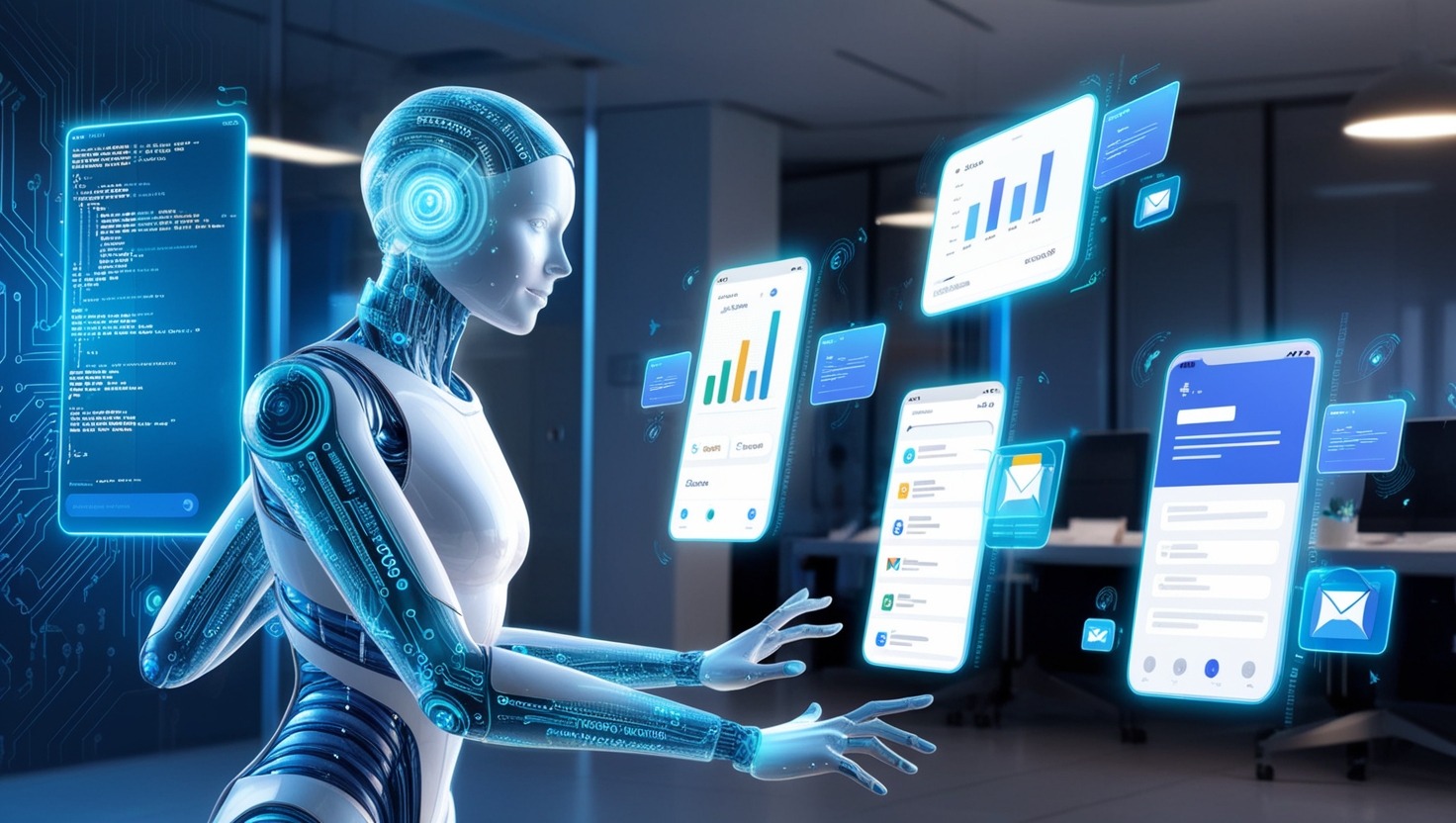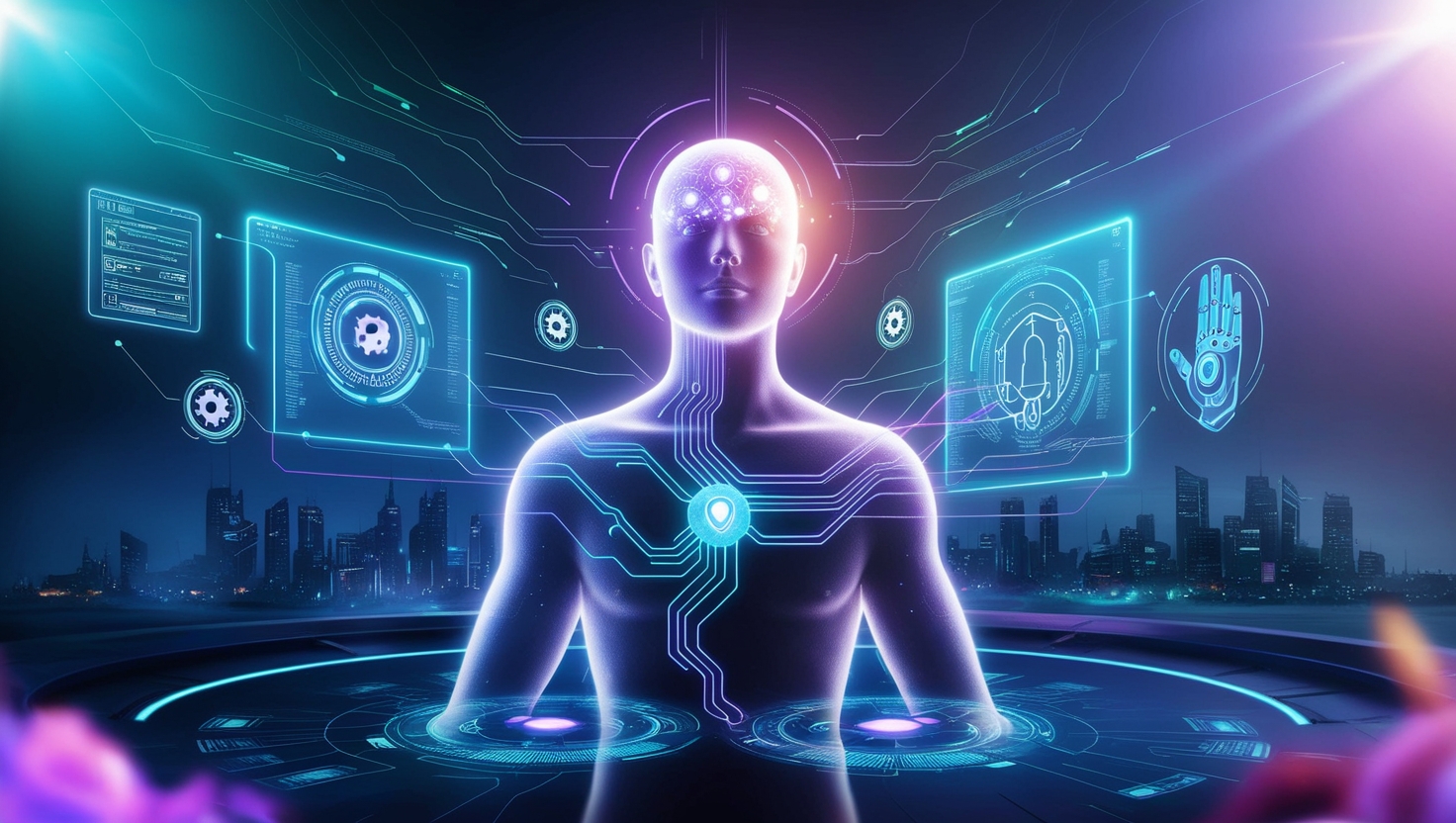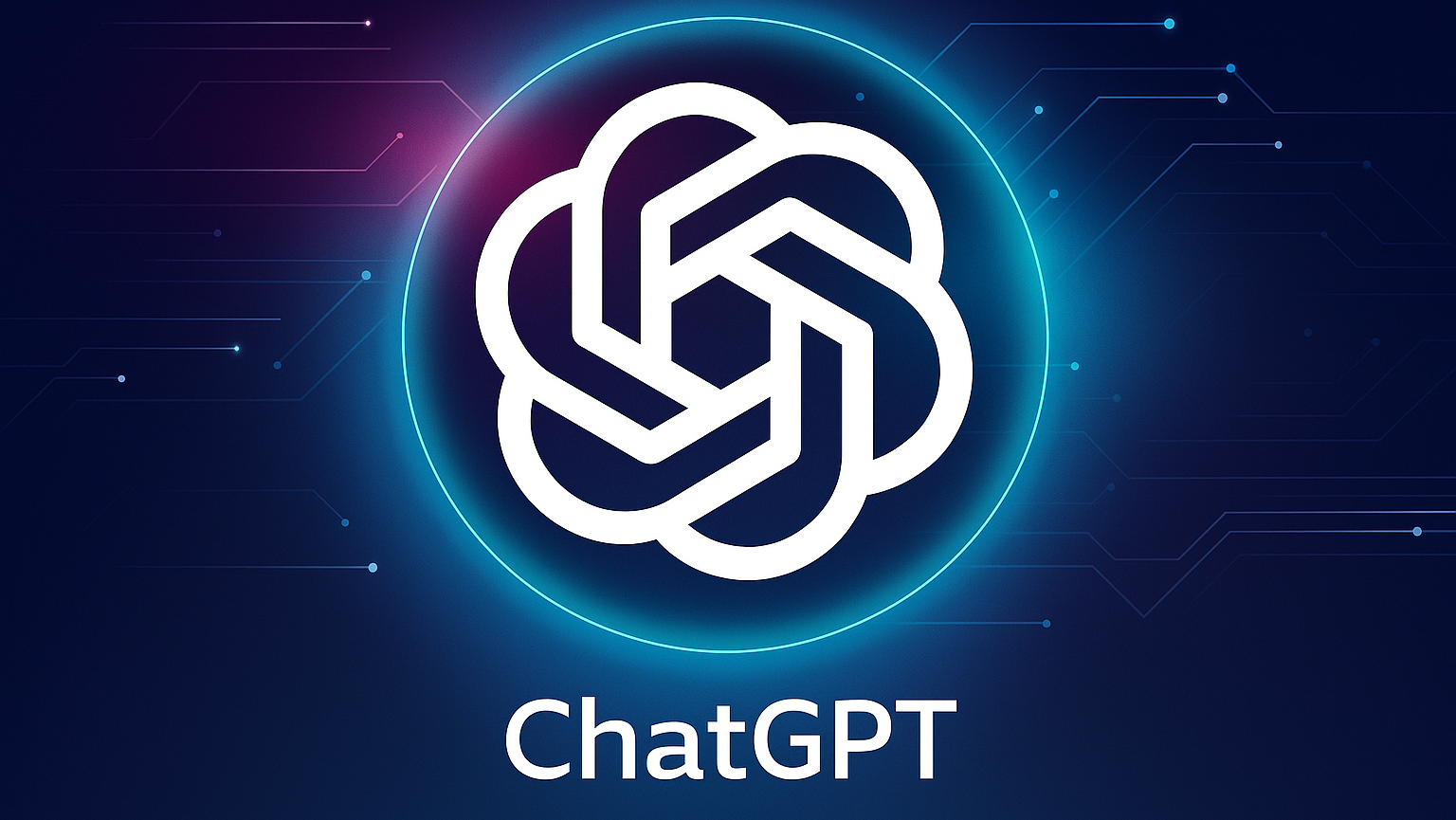In the rapidly evolving landscape of artificial intelligence, a new player is taking center stage—AI agents. These autonomous digital assistants are poised to revolutionize the way we interact with information, automating tasks that once required manual input and offering personalized, goal-driven solutions across industries.
Aravind Srinivas, CEO of Perplexity AI, recently described AI agents as “the next battleground” in the evolution of search and daily digital tasks. Much like autonomous vehicles transformed transportation, these intelligent agents are expected to transform how we search, learn, and make decisions.
What Are AI Agents?
AI agents are goal-oriented systems designed to operate autonomously. Unlike traditional AI tools that simply respond to queries, agents can:
- Make decisions based on dynamic inputs
- Learn from user interactions
- Perform multi-step tasks
- Access and use external tools or APIs
- Deliver outcomes without step-by-step human instruction
These agents go beyond mere chatbots. They are autonomous digital coworkers capable of performing research, booking meetings, creating summaries, coding scripts, and even orchestrating complex workflows.
Real-World Use Cases of AI Agents
🔍 Personalized Search and Research
AI agents like Perplexity and OpenAI’s GPT‑4.5 agents go beyond providing links—they summarize sources, cite them in real time, and continuously refine answers based on follow-up questions. Example:
“Find and compare the top 3 smartphones under ₹30,000 available on Flipkart and Amazon, then generate a purchase recommendation.”
🧑💼 Enterprise Automation
Gartner predicts that 33% of enterprise software will embed agentic AI by 2028. These agents will handle:
- HR onboarding workflows
- Expense report validations
- Project management suggestions
- Automated IT troubleshooting
Companies like Salesforce and Microsoft Copilot are already embedding agents into productivity tools.
💡 Coding and Developer Productivity
GitHub Copilot and other AI pair programmers are evolving into autonomous coding agents. Rather than just suggesting syntax, they:
- Create full modules
- Debug existing code
- Run tests and analyze output
Agents can significantly reduce software development cycles.
🧾 Customer Support
Instead of static chatbots, AI agents in support roles now:
- Read and understand entire help docs
- Escalate complex tickets intelligently
- Personalize interactions by analyzing user history
⚠️ Challenges
While the future looks promising, AI agents still face serious technical and ethical challenges:
- Hallucination & Factual Inaccuracy: Even advanced models can “hallucinate” answers—confidently stating incorrect or made-up facts. In fields like healthcare, finance, or law, this poses high risk.
- Security & Privacy: AI agents often require access to user data, files, calendars, and APIs. Securing this access without violating privacy is a complex challenge.
- Dependability & Autonomy Limits: Agents can struggle with unexpected errors or decisions that require emotional intelligence or nuanced judgment.
🔮 The Future of Autonomous AI Agents
Several trends are shaping the trajectory of AI agents:
📊 Multi-Agent Collaboration
Future systems may employ swarms of agents, each with a different specialty, working together to solve complex tasks.
📱 Deep Integration in Mobile Devices
Soon, AI agents will manage tasks on your phone—rescheduling flights, comparing job offers, or suggesting investments.
🧠 Smarter Reasoning with Memory
Upcoming models will include persistent long-term memory, enabling agents to learn from past interactions and improve over time.
🤝 Human-Agent Teaming
Rather than replacing humans, AI agents will serve as copilots—offloading repetitive work while keeping the user in control of high-level decisions.
The rise of AI agents marks a significant leap in human-computer interaction. As these tools grow smarter and more autonomous, they will reshape how we access, process, and act on information—at work, at home, and everywhere in between.
However, realizing their full potential will require overcoming technical limitations, ensuring responsible deployment, and embedding them in tools people already use daily.
AI agents are not just a trend—they are a turning point in the AI revolution. The question is no longer if they will change our lives, but how soon and how deeply.




